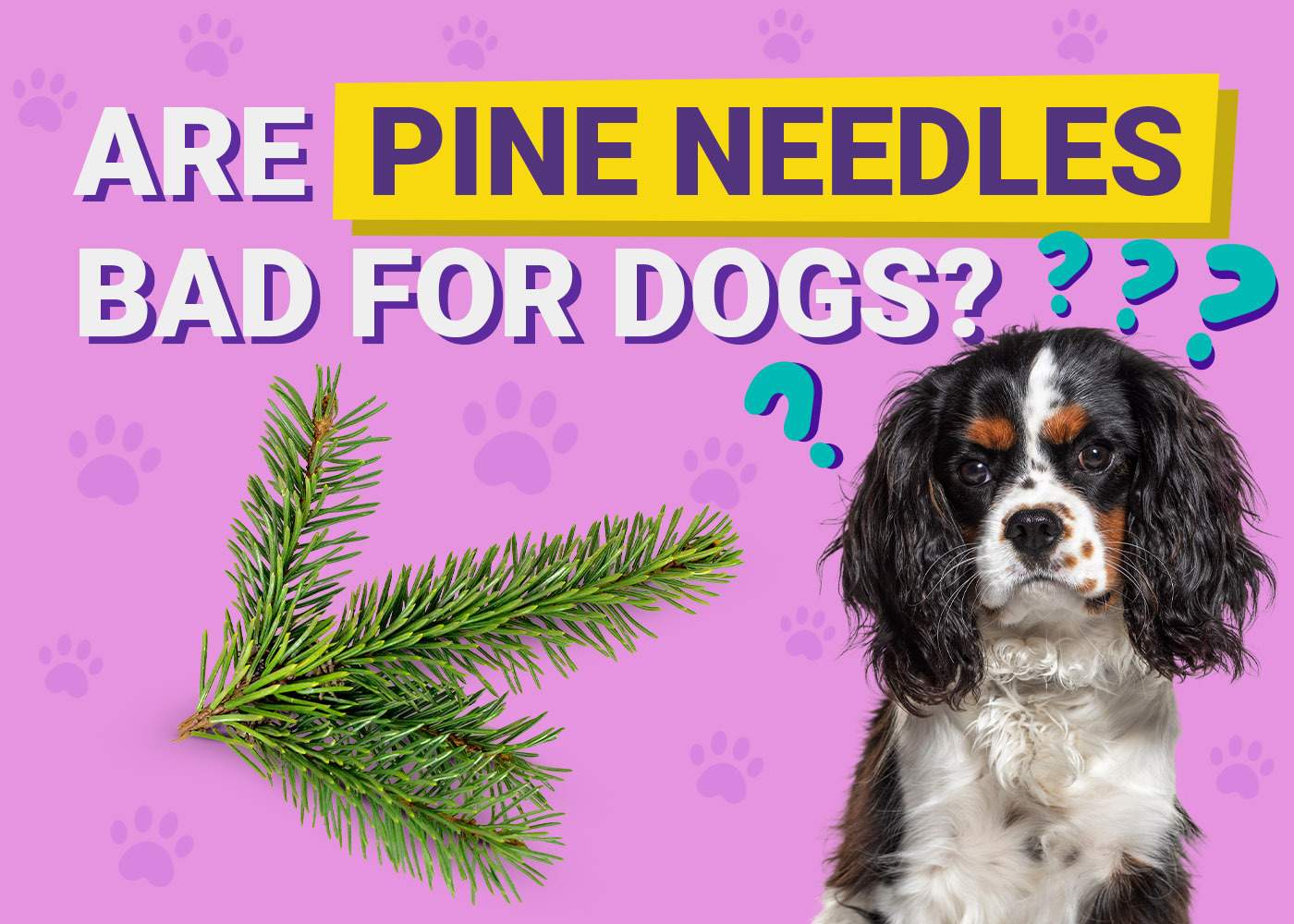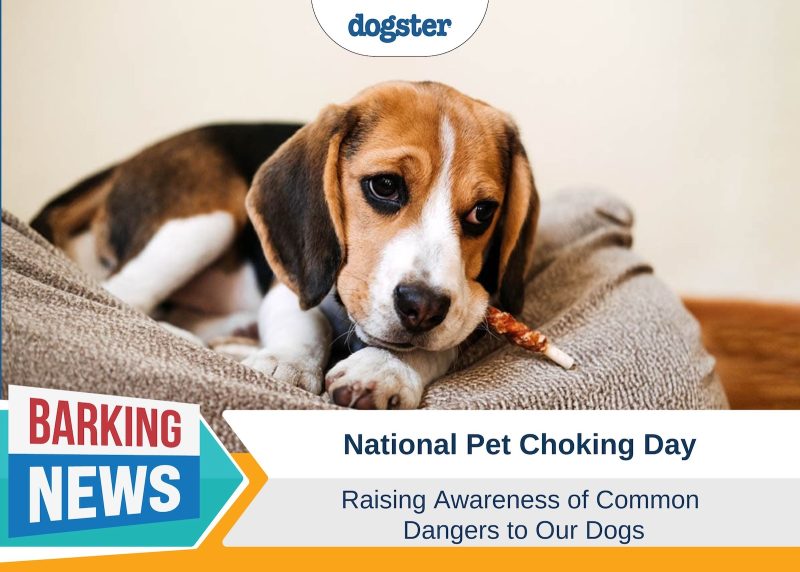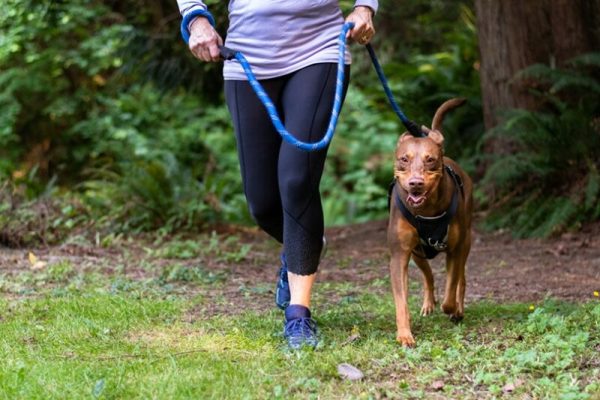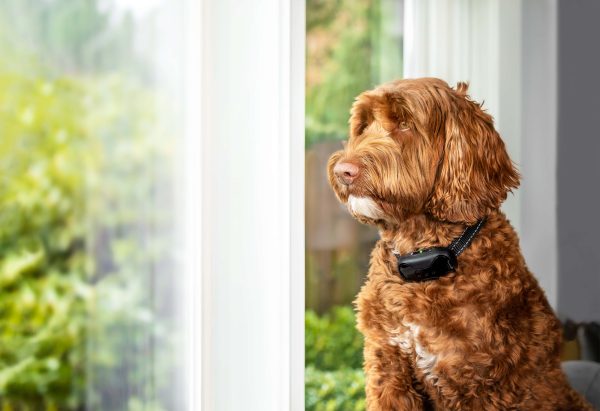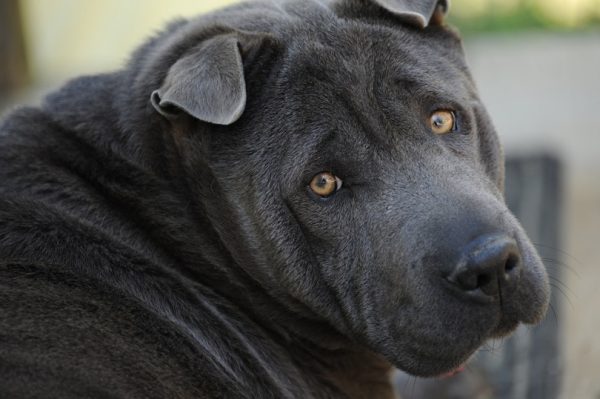It’s the holidays, and you’ve just found your dog chewing on the live Christmas tree. Or maybe you found your pup gnawing at a limb that fell from the pine tree in the backyard. Either way, that equals your dog coming into contact with and eating pine needles, so the question is, are pine needles bad for dogs?
The answer is yes; pine needles can be very bad for dogs for various reasons but luckily this is not a common occurrence. Pine needles can cause a range of issues, from gastrointestinal ones to injuries on the paws. So, what are the dangers of pine needles? And how can you tell your dog has gotten into some?

The 3 Dangers of Pine Needles for Dogs
Some issues might not be immediately apparent when your pup eats pine needles. Other problems, like injuries to the paws, will be easy to see. It’s the problems that don’t show up right away that you most need to be concerned with, though, which is why you should take your pet to the vet just to be safe. What are the dangers of pine needles?
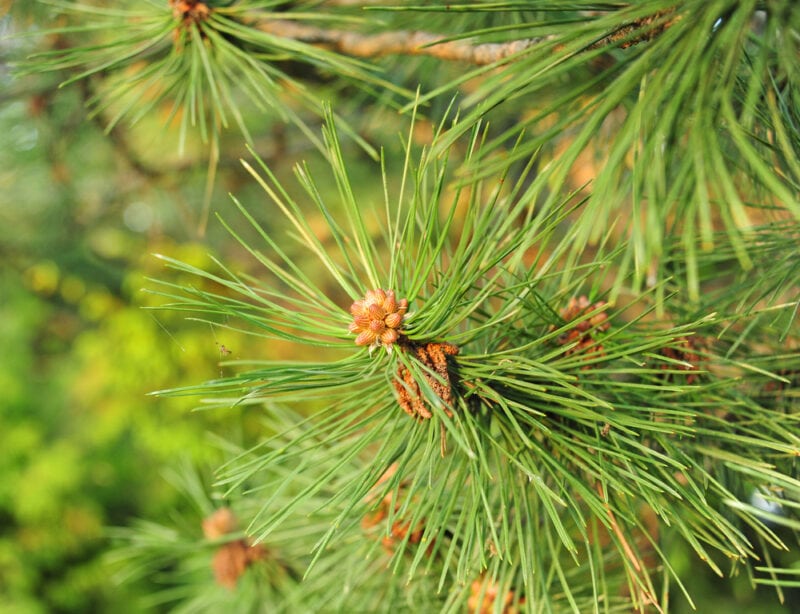
1. Gastrointestinal Issues
Dogs love to chew on anything they can get their mouths on; they certainly aren’t picky! But because of this love of chewing, it means your dog might ingest pine needles which could bring about serious problems in the digestive tract. Fortunately problems from eating pine needles are not commonplace but you should be alert to possible dangers.
Sometimes, the problems with pine needles will be as simple as the needles becoming stuck in the back of the mouth or between teeth. But if pine needles are swallowed, they can then end up puncturing the soft tissue lining of your pet’s digestive tract. And if they puncture deep enough into that tissue, it can potentially result in a foreign body reaction, which can lead to abscesses and severe infection.
There’s more, too. Occasionally, a bunch of pine needles will form a clump which ends up blocking the digestive tract. This kind of blockage can lead to loss of appetite, vomiting, abdominal pain, and weight loss. And the manner of treating it could include surgery if the blockage is big enough, so you can see how ingesting pine needles is bad all around for your dog!
What To Do:
Watch for symptoms like drooling, pawing at the mouth, lip licking, vomiting, lethargy, abdominal pain, and loss of appetite if you suspect your dog ingested pine needles, and seek veterinary advice immediately. Signs of distress require an examination as soon as possible.
Did you know you can speak to a veterinarian without having to travel? Just head over to PangoVet. It's our online service where you can talk to a vet online and get the advice you need for your pet — all at an affordable price!

2. Wounds to the Skin and Mouth
It isn’t just internal issues that can arise with pine needles. If your pet eats pine needles, the needles can also end up puncturing the skin around its mouth. Not only is that painful for your pup, but wounds around the mouth are more prone to infection. Pine needles could also get caught in your dog’s throat, leading to gagging, retching, and pawing at the face.
It’s not only the mouth you have to worry about either; if your dog stepped on pine needles, the needles could become stuck in your pet’s paws or puncture them. There could be wounds you can see, or your pet might just end up limping and acting as if it’s in pain.
What To Do:
Check your dog’s lips, tongue, mouth, face, and paws carefully for punctures or embedded needles.
If you notice minor scratches that are not bleeding, clean the area gently and tap dry, you could apply a pet-safe antiseptic if available.
If you notice bleeding, or signs of infection, such as swelling, redness, or discharge, take your dog to the vet right away.

3. Pine Oil Exposure
Yet another problem with pine needles is that they contain pine oil, which is mildly toxic to canines. So, if your pet comes into contact with a lot of pine oil, it could end up having not only skin irritation but an allergic reaction (or, for sensitive dogs, even just a little contact with this oil could do it). If your pup is experiencing an allergic reaction to pine oil, you’ll see:
- inflammation
- redness
- swelling
- extreme itchiness
- possibly labored breathing
If you need urgent veterinary advice, consult a vet online.
What To Do:
To remove pine oil residue you can use a gentle dog shampoo to bathe your dog. In case of an allergic reaction, you should seek veterinary attention. In very mild cases, vets may recommend giving your dog an antihistamine to relieve the signs.
If severe itchiness, redness, swelling, or difficulty breathing signs develop, seek veterinary care immediately.

Conclusion
Pine needles and dogs aren’t a good mix! If you have seen or noticed your dog eating pine needles it’s advisable to contact a veterinary clinic for advice. Different problems can arise when dogs and pine needles mix—if you see your pet experiencing any signs of having come into contact with pine needles, whether it’s vomiting, lethargy, skin irritation, or an allergic reaction, get your dog to the vet for a once over.
